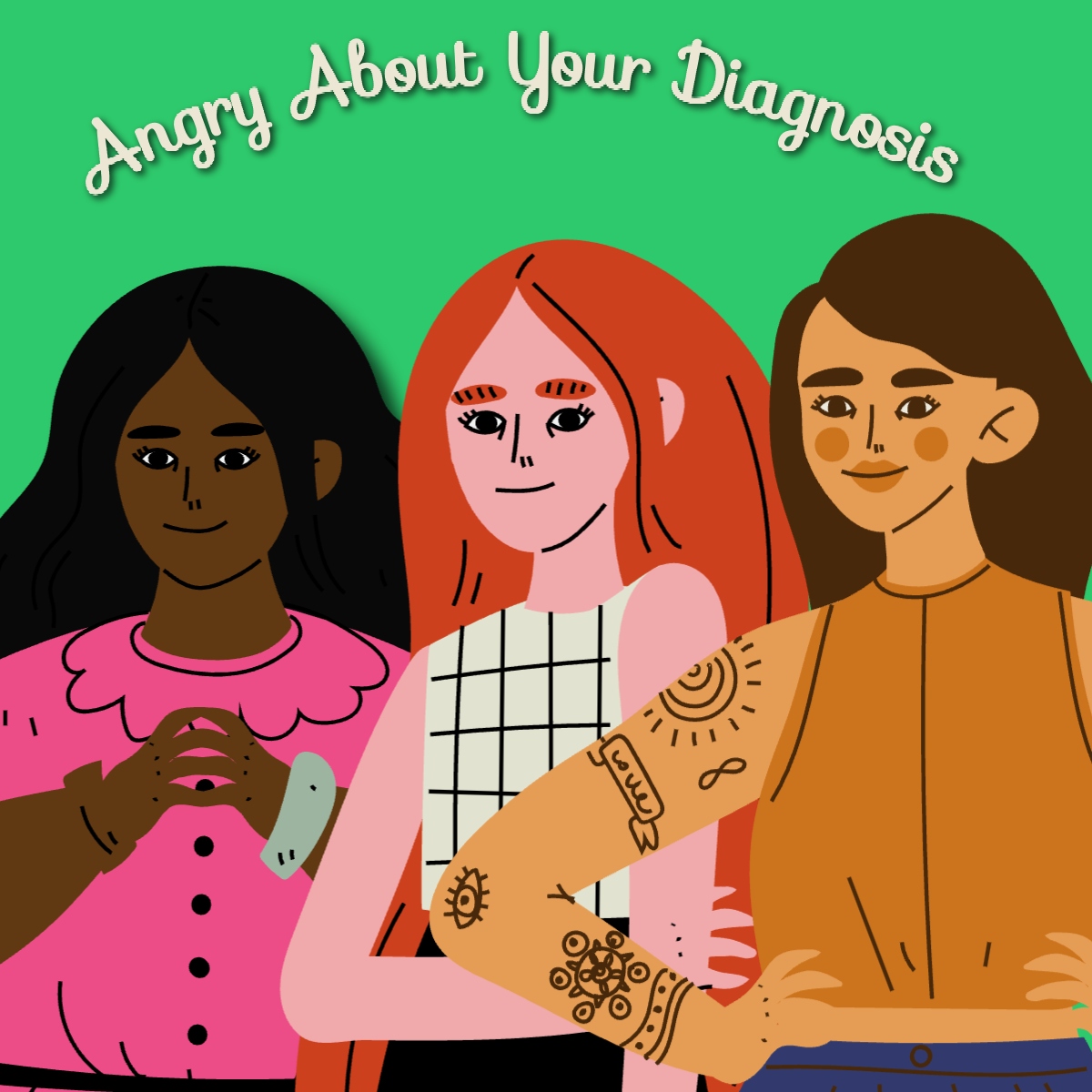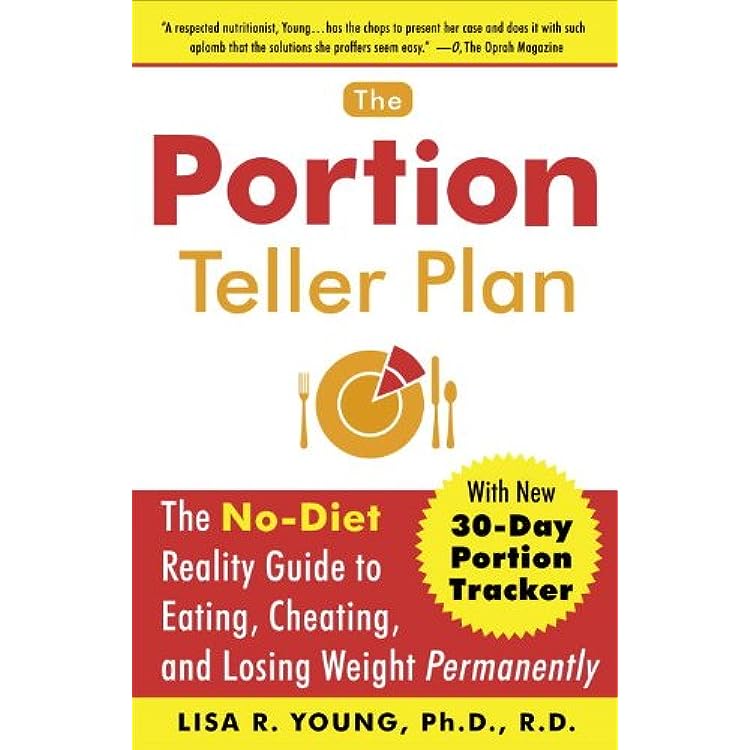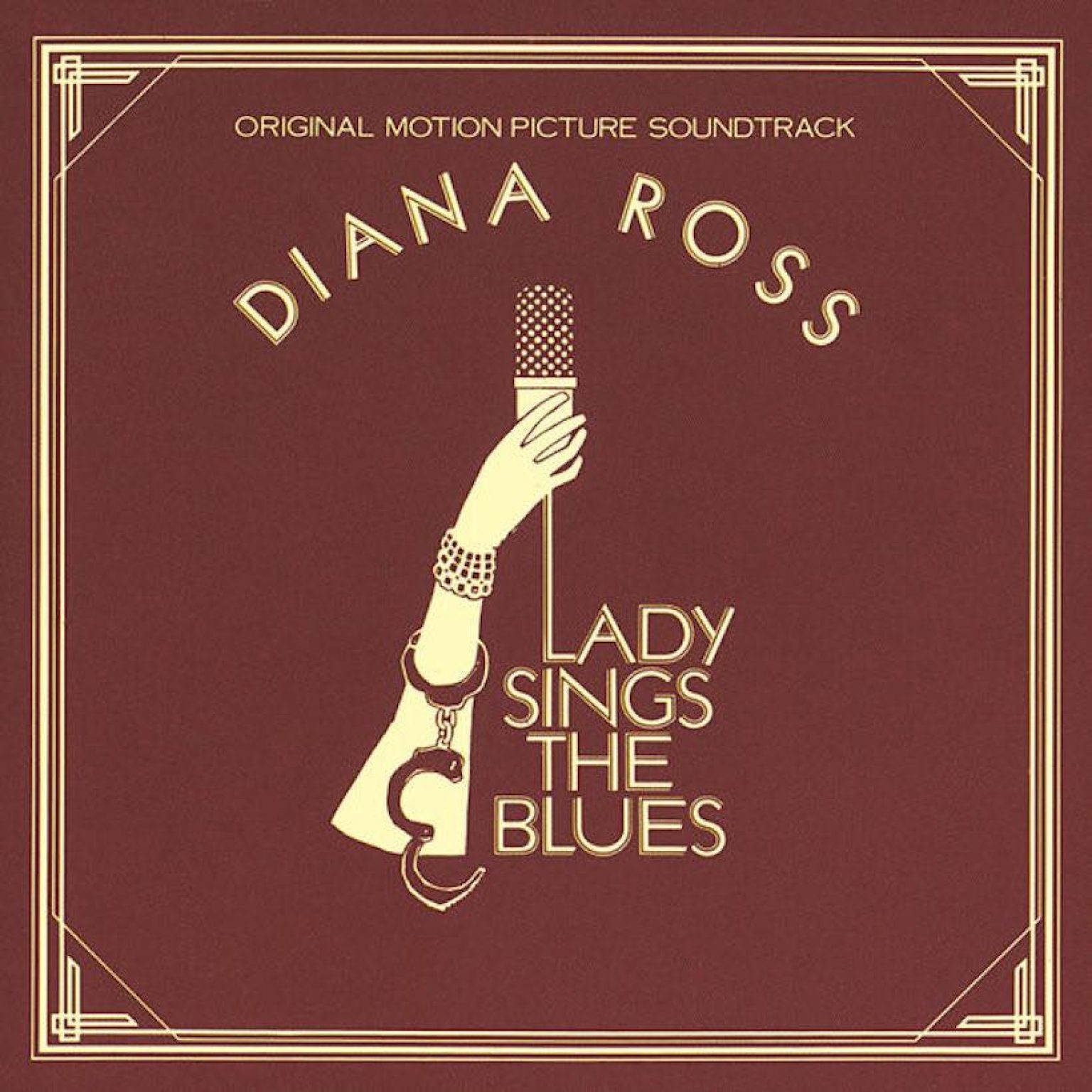My New York Fashion Week festivities began with the 92Y’s Fashion Icons with Fern Mallis and Gabriela Hearst. Coming directly from New York City Mayor Eric Adams’ fashion event at Gracie Mansion appeared to knock Fern off her game, but Gabriella Hearst sparkled when she hit the stage.


Cashmere has been replaced by recycled cashmere, and denim by circular denim, made of a mix of recycled cotton and hemp or linen.
With a few simple swaps, you can help live your best life while managing your diabetes. Our experts offer straightforward, simple, and fun swap ideas for drinks, medications, self-care, and fashion. Plus, we share style tips and words of inspiration to help you maintain a healthy habit.
Developing these habits isn’t always easy. Adapting to a new routine can be tricky, and it’s often tempting to want to return to old ways if we don’t see immediate results. One of the biggest mistakes people make when forming a new habit is taking on too much too quickly. Focus on what’s working in your diabetes self-care plan before overhauling diabetes management. Instead of decluttering the entire house, why not focus on one room or closet? Why not focus on the calories you drink rather than everything you eat? If you want to eat healthier, try replacing one dessert daily with a piece of fruit rather than cutting out sugar completely. If you’re going to get into hiking, start with a walk at lunchtime. Setting small goals you can achieve will help keep you motivated along the way.
Guests include Catherine Schuller, Poet Lorraine Brooks, Patricia Addie-Gentle RD, CDCES, MaryAnn Horst Nicolay, MEd, NDTR, and Mama Rose Marie. Hosted by Mr. Divabetic.
The happy healthcare host, Mr. Divabetic presents a diva-style approach to diabetes empowerment on this podcast for fashion lovers. We’re playing our Buy, Borrow, or Burn! fashion game features plus-size swimwear and iconic swimsuits worn by Halle Berry, Farrah Fawcett, and Annette Funicello.
Plus, get the scoop on what Hemoglobin A1 C is on ‘Sexy Little Numbers’ with Patricia Addie-Gentle RN, CDCES.
Guest include Divabetic Image & Style Advisor Catherine Schuller AICI, CIP, Patricia Addie-Gentle RN, CDCES, Kendra Charisse Porter body expert, style architect, and founder of Honor You ( image consulting agency), Dalia Strum, consumer and business strategic digital media expert and fashion-related social media shopping consultant and special guest, Alexis living with type 1 diabetes from New York City.













